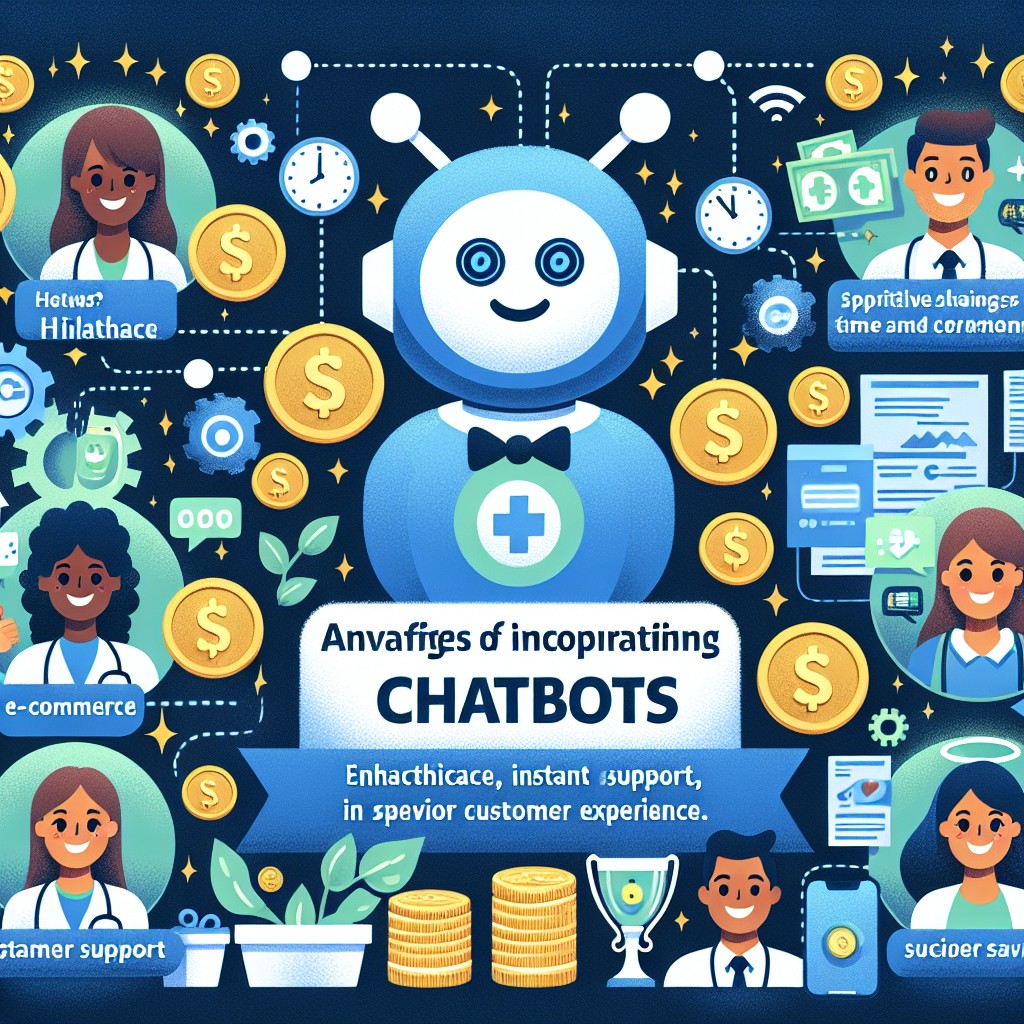In today’s digital age, user engagement is crucial for the success of any website. One way to enhance user engagement is by incorporating chatbots into the website. Chatbots are AI-powered virtual assistants that can interact with users in real-time, providing them with personalized assistance and information. Here are some ways in which chatbots can improve user engagement on websites:
1. 24/7 Availability: Chatbots are available 24/7, allowing users to get instant responses to their queries at any time of the day or night. This ensures that users can engage with the website whenever they want, leading to increased user satisfaction and retention.
2. Personalized Interaction: Chatbots can provide personalized recommendations and assistance based on the user’s preferences and behavior. This personalized interaction makes users feel valued and understood, leading to a more engaging experience on the website.
3. Instant Responses: Chatbots can provide instant responses to user queries, eliminating the need for users to wait for a human customer service representative to respond. This quick response time enhances user engagement and satisfaction, as users can get the information they need without any delays.
4. Interactive Conversations: Chatbots can engage users in interactive conversations, making the user experience more engaging and enjoyable. Users can ask questions, provide feedback, and engage in conversations with the chatbot, creating a more interactive and personalized experience on the website.
5. Guided Assistance: Chatbots can guide users through the website, helping them find the information they need and navigate the site more effectively. This guided assistance improves user engagement by making it easier for users to access the content and services they are looking for.
6. Feedback Collection: Chatbots can collect feedback from users, allowing website owners to gather valuable insights into user preferences and behavior. This feedback can be used to improve the website and enhance the user experience, leading to increased user engagement and satisfaction.
7. Lead Generation: Chatbots can help generate leads by engaging users in conversations and capturing their contact information. This lead generation capability can help website owners increase their customer base and drive sales, leading to improved user engagement and conversion rates.
In conclusion, chatbots can significantly improve user engagement on websites by providing 24/7 availability, personalized interaction, instant responses, interactive conversations, guided assistance, feedback collection, and lead generation. By incorporating chatbots into their websites, businesses can enhance the user experience, increase user satisfaction, and drive engagement and conversions.







